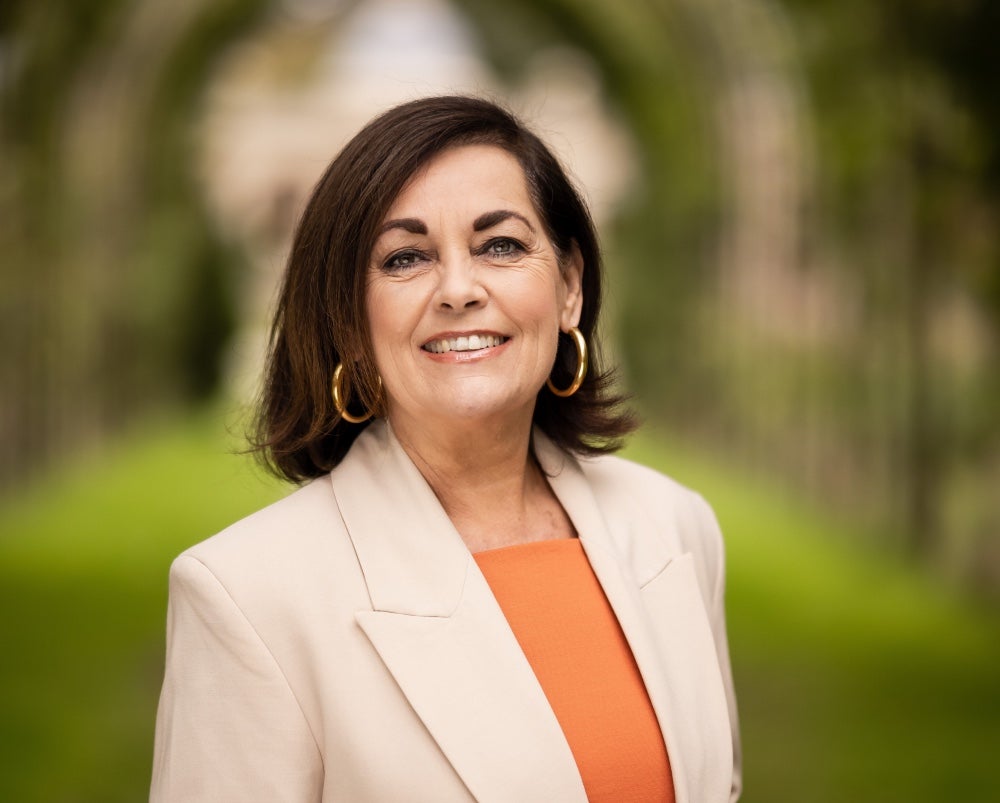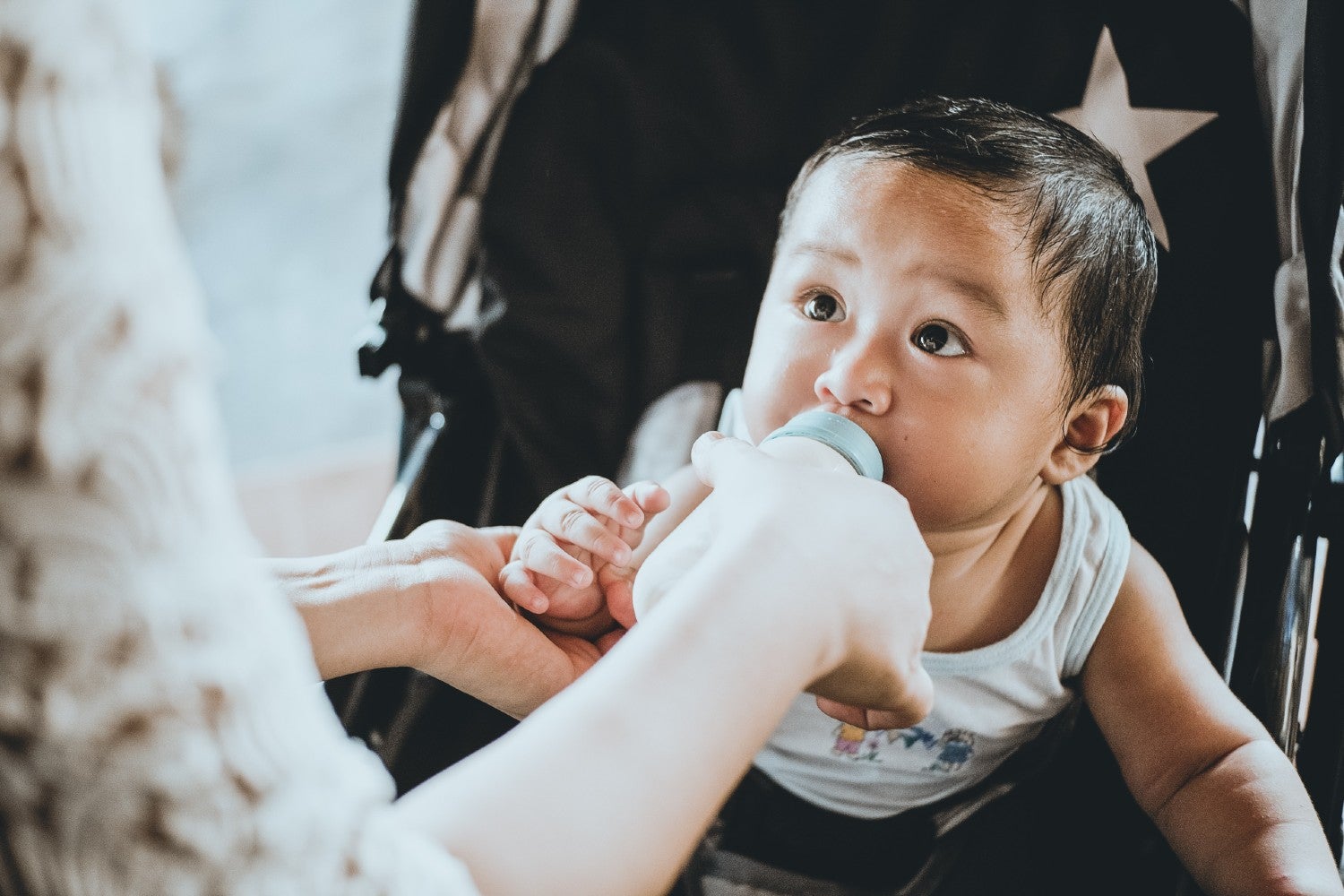VU alumnus Jacobine Geel (57) studied Theology at the VU Amsterdam. Today, she combines her work on television with a position as President of the GGZ (Dutch Association of Mental Health and Addiction Care), where her help has been desperately needed since the start of the coronavirus pandemic.
How has the past year affected you personally?
„Now that every day seems just like the day before, I always set aside time for things I think are important, in addition to my day-to-day work. I start every day by writing a to-do list, and I make sure to include meditation, contemplation and exercise. This week I also started with a to-care list for Lent. Every day, I set aside time for two people I’d like to pay special attention to."
In your role as President of the GGZ, what has been your biggest concern since the start of the coronavirus pandemic?
„We’ve noticed that people are under a lot of mental strain, including a lot of young people. The emergency services have seen a big increase in the need for acute care. Normally, acute care would involve emergencies where you can expect that something serious is about to happen."
„But I hear a lot of psychiatrists saying that they’re suddenly getting a lot of young people and children without any prior history at the crisis centre. That worries me. But it’s the things we don’t see, that happen behind closed doors, that worries me more. So I’m extremely concerned about the wave of mental health care needs that’s about to crash over us."
Do you think the control measures have been too strict for young people?
„When you look at the cohort level, I think that a lot of the measures have been too generic, and in some cases still are. Physical health has a massive dominance over other areas that are also important in life. We should have paid more attention to that balance for young people."
„When I attend meetings on health care, they only talk about hospital care and IC capacity. I’ve noticed that mental health isn’t automatically included on the agenda. In fact, I don’t think that Minister Hugo de Jonge has mentioned the words ‘mental health care’ once in a press conference. That’s absurd, and I intend to do something about it."
Does the coronavirus pandemic also present any opportunities?
„Absolutely. Mental health has become a major issue, even outside the mental health care sector. As a result, mental health has become one of our collective responsibilities, and not just the individual’s. That creates opportunities to look at what’s not in order at the meta level. If a lot of people get a burn-out, then of course it says something about those individuals. But it also says something about how we organise our work in the Netherlands and what we expect from people as a society."
„Another thing that the pandemic has exposed is how we’ve thoroughly depleted everything we could consider as a social safety net. We’ve cut everything out of the budget. The only way for an individual to access care is to ask their general practitioner for help. There simply isn’t any other route anymore. That’s an example of how normal life issues have been medicalised. The mental health care sector is flooded with those cases. We get around 1 million people per year, and it’s growing by four percent every year. But the capacity isn’t growing at four percent per year, so the waiting lists get longer and longer. That means people sometimes end up in medical treatment, when they’d be better helped with some other kind of support."
„I advocate for bringing specialist mental health care to the foreground, and focusing more on how people actually live. Sometimes people need support to get their finances in order, or they need living space because their families are stuck in cramped conditions. Those kinds of things shouldn’t result in individual appeals for help, but should rather be part of our collective responsibility."








